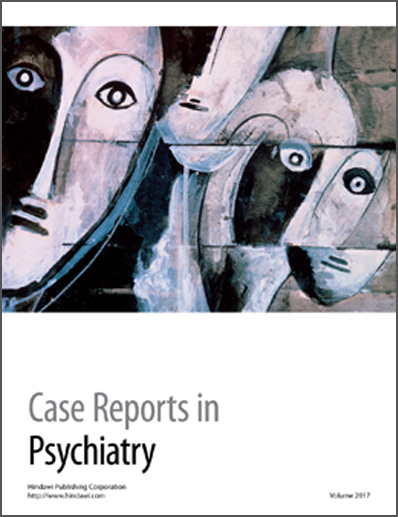Childhood infections can increase risk of mental illness in kids
Nationwide study finds both mild and severe infections can increase risk of mental disorders in children and adolescents.

This new publication substantiates the medical model that the brain and body are tightly connected and demonstrates the correlation between a history of infection and increased risk of psychiatric symptoms requiring treatment in the pediatric population. The study revealed that children and adolescents who had been hospitalized with an infection had an 84% increased risk of suffering from a mental disorder and 42% increased risk of being prescribed medication to treat mental disorders. The risk was higher for specific mental disorders, including psychotic disorders, OCD, tics, personality disorders, autism and ADHD. The risk appears to be highest immediately after the infection, supporting the conclusion that the infection plays a role in the development of the mental disorder. 1
These findings provide evidence for the involvement of infections and the immune system in the etiology of a wide range of mental disorders in children and adolescents.
The editorial for this article poses the following question: How could exposure to infections affect the brain mechanistically to give rise to mental disorders? The editorial authors suggest the following potential mechanisms:
“Circulating autoantibodies that enter the brain via a compromised blood-brain barrier and bind to neurotransmitter receptors is a potential explanation, and this mechanism has been proposed in PANDAS and other mental disorders. Furthermore, inflammatory mediators, including immune cells and cytokines, can pass the blood-brain barrier to generate a local inflammatory response in the brain, which has been linked to depression in humans.” 2

Researchers describe a complex case involving a 15-year-old girl who abruptly developed multiple neurologic and psychiatric symptoms including “seizure-like” episodes, psychotic thinking, auditory hallucinations, catatonic movements, obsessive compulsive behaviors, anxiety, and depression. The patient was hospitalized and treated unsuccessfully with multiple psychotropic medications. Upon further evaluation and testing, the patient was found to have antineuronal antibodies evidenced by a positive Cunningham Panel™ of tests. 3 These results supported the diagnosis of an autoimmune-based neuropsychiatric disorder.
Schedule Your Personal Phone Consultation
Learn more about how the Cunningham Panel™ of tests can assist you in diagnosing treatable autoimmune encephalopathies characterized by abnormal neuropsychiatric behaviors. Schedule your personal phone consultation with a Moleculera Labs clinical staff member by completing the form below.
- Köhler-Forsberg O, Petersen L, Gasse C, et al. A Nationwide Study in Denmark of the Association Between Treated Infections and the Subsequent Risk of Treated Mental Disorders in Children and Adolescents. JAMA Psychiatry.Published online December 05, 2018. doi:10.1001/jamapsychiatry.2018.3428
- Labrie V, Brundin L. Harbingers of Mental Disease—Infections Associated With an Increased Risk for Neuropsychiatric Illness in Children. JAMA Psychiatry.Published online December 05, 2018. doi:10.1001/jamapsychiatry.2018.3333
- Drew H. Barzman, Hannah Jackson, Umesh Singh, Marcus Griffey, Michael Sorter, and Jonathan A. Bernstein, “An Atypical Presentation of Pediatric Acute Neuropsychiatric Syndrome Responding to Plasmapheresis Treatment,” Case Reports in Psychiatry, June 28, 2018, Vol. 2018, doi.org/10.1155/2018/8189067





